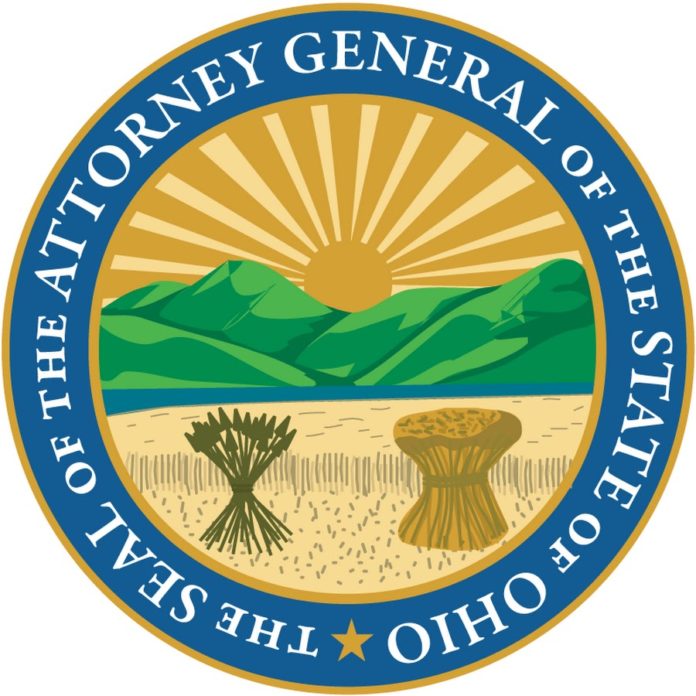(COLUMBUS, Ohio) — FirstEnergy is agreeing to Ohio Attorney General Dave Yost’s demands that the company stop using a clause in House Bill 6 that would have cost its customers an extra $102 million this year.
The out-of-court settlement ends a guaranteed profit rider which is in addition to the $150 million nuclear bailout also contained in HB6 that Yost blocked in December with court action.
Altogether, General Yost’s court actions is projected to save Ohioans nearly $2 billion over the years House Bill 6 would have been effective.
FirstEnergy is expected to present the settlement to the Public Utilities Commission of Ohio (PUCO) on Monday for implementation.
“Under its now removed prior leadership, FirstEnergy built a feeding trough that it thought would guarantee it record profits year after year, filled with unearned money out of Ohioan’s pockets” Yost said. “This agreement recognizes the corrupt influence used to guarantee a for-profit company above-market returns for years to come by operation of law.”
The settlement comes in response to a motion Yost filed in Franklin County Common Pleas Court in January seeking to block FirstEnergy from using a decoupling provision contained in HB6.
The provision, as written, allowed FirstEnergy to adjust rates to ensure it made at least $978 million a year going forward. That benchmark came from 2018 when a cold winter and a scorching summer combined to boost FirstEnergy’s revenue to a record $978 million.
To avoid court action, FirstEnergy has agreed to AG Yost’s following terms:
- FirstEnergy utilities will file an emergency application with PUCO on Monday, Feb. 1 to immediately set the decoupling rider to $0.
- PUCO will then need to hold a meeting to approve the application.
- Once FirstEnergy confirms the rates are no longer being charged, Yost will withdraw the court motion.
The remainder of the case will remain before the Court, but the parties agree to stay further proceedings pending the end of the federal criminal trials.























